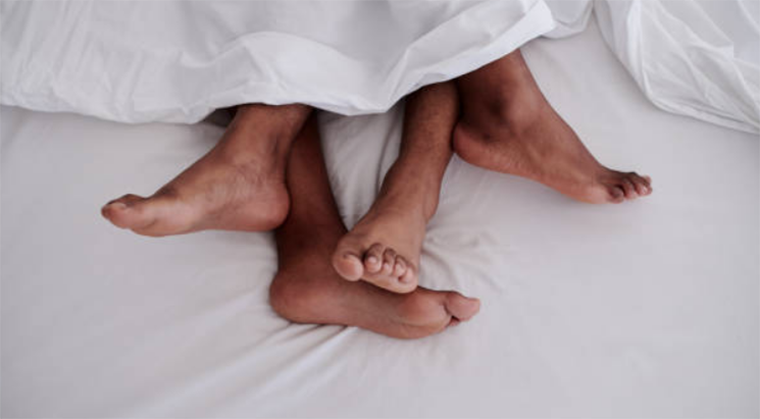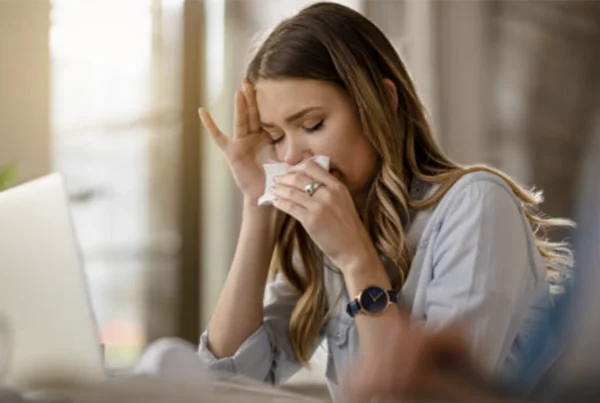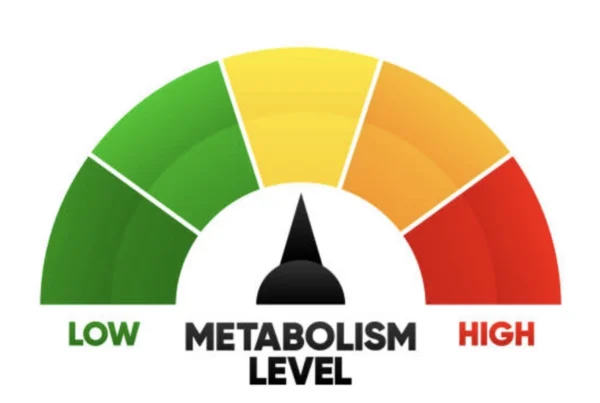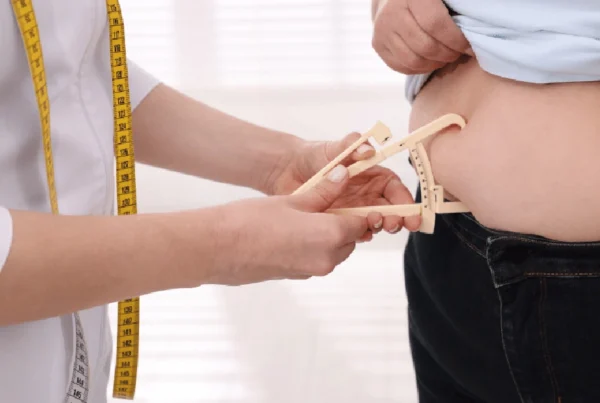Introduction
Both men and women go through changes in sexual desire during their lifetime. Certain phases result in a higher libido function, while at other times, people see a drastic decrease. This can be caused by several factors, including but not limited to an increase in stress, anxiety, exhaustion, depression, heavy consumption of drugs and alcohol, age, hormonal problems, contraception, and even certain medication.
While the decrease in sexual desire can be noticed in both men and women alike, there are certain sexual disorders that are more likely to target women. One such disorder is premenopausal hypoactive sexual desire disorder or HSDD. Intrigued to know more? Well, read on as our comprehensive guide will give you a detailed explanation of this common disorder.
Overview Of Hypoactive Sexual Desire Disorder (HSDD)
Hypoactive sexual desire disorder (HSDD) is a sexual dysfunction that leads to a visible loss of interest in sex and sexual activities. Though HSDD can be seen in both genders, it predominantly affects women. Though there are a plethora of symptoms, the most common ones are not responding to sexual stimulation or having sexual fantasies or thoughts. People with HSDD also have the inability to maintain interest in sex and also experience a loss of desire to initiate sex.
However, people often mistake HSDD for having a low libido. But it’s important to remember these two are different. People with HSDD can be diagnosed by a professional who will not only ask questions to assess the situation but also uses scientific tools like Decreased Sexual Desire Screener (DSDS) and Female Sexual Function Index (FSFI) to diagnose patients.
Common Causes Of HSDD
Like people who have a low libido, those suffering from HSDD also have similar causes. These include stress and anxiety, depression, drugs and alcohol, getting older, hormonal imbalance, and the use of certain types of medication.
Besides the common ones, one may also experience HSDD due to relationship problems, issues with body image, menopause, tiredness, sexual abuse, and even trauma in the past. It can also be caused by medical problems like cancer, diabetes, heart problems, multiple sclerosis, or bladder problems.
Current Treatments For Female HSDD
Though HSDD can strike during any time of your lifespan, it doesn’t necessarily mean you must live with it. Luckily for us, there are several treatments for this disorder. These include:
- Counseling Or Psychotherapy
Along with medical interventions such as medicines, it is seen that HSDD can be effectively treated with counseling and psychotherapy. Sex therapists, in particular, use resources such as behavior therapy, cognitive-behavioral therapy (CBT), and mindfulness-based CBT to treat the disorder. They do so by helping the patient increase awareness of the present moment, minimizing cognitive distractions during sexual activity, challenging unrealistic beliefs that lead to low sexual desire, and more. - Lifestyle Modifications
Many would be surprised to know how much lifestyle modifications can do to alter and increase low libido. Studies show that adding exercise to everyday routines as well as practicing relaxation techniques like mindfulness and yoga, can help people overcome a low sexual desire. Other lifestyle changes would also include eating more healthy foods to maintain an optimum hormonal balance and even cutting down intoxicants like alcohol and drugs that may reduce one’s sexual desire. - Depression Counseling
Low libido is often linked to depression. Although researchers are still investigating the relationship between low sex drive and mental health, they know it’s common for HSDD and depression to overlap. In several studies, researchers have also noticed that depression may worsen HSDD symptoms. Since there is a strong relationship between depression and low libido, many doctors recommend depression counseling to overcome the symptoms. - Flibanserin
One of the most effective ways to treat HSDD is with medication such as flibanserin. This miracle drug contains active ingredients such as lactose monohydrate, microcrystalline cellulose, and hypromellose that work together to treat low sexual desire. Ideal for premenopausal women, taking a pill of flibanserin each day has shown a significant increase in libido and sexual desire. - Bremelanotide (Vyleesi) Treatment
This is another medication that is effective in the treatment of HSDD. FDA-approved, it alters the pathways that contribute to sex drive and arousal and increases one’s sexual desire. But unlike flibanserin which is an oral medication, vyleesi comes in an injection that women can administer at the convenience of their home. It can be injected in the thigh or abdomen region at least 45 minutes before sexual activity. - Testosterone
The role of testosterone in the treatment of hypoactive sexual desire disorder (HSDD) is significant. There are tons of recent data that prove that testosterone, the most common androgen, is beneficial for menopausal women or premenopausal women with low or decreasing sexual interest. So, there’s no denying that women who experience HSDD can use testosterone therapy to help increase their libido.
Conclusion
As humans, our sexual desire and interest are often changing. While this is not really a concern for many, it becomes a problem when there is a persistent loss of interest in sex with low or no libido. In such cases, one may be experiencing HSDD or Premenopausal Hypoactive Sexual Desire Disorder, which is a condition that is very common among women.
HSDD, as mentioned above, comes with several symptoms that may not only disrupt one’s sexual life but may also take a toll on the mental and physical well-being of a person. However, there is no reason to stress because, today, several treatments and options are available to effectively combat the symptoms of HSDD. So, if you think you have symptoms of HSDD and have been experiencing a lack of sexual interest for a while now, it may be wise to seek help from a medical professional. With modern medicine, along with therapy and lifestyle changes, one can not only overcome HSDD and its effects but can enjoy a rich and memorable sex life.







